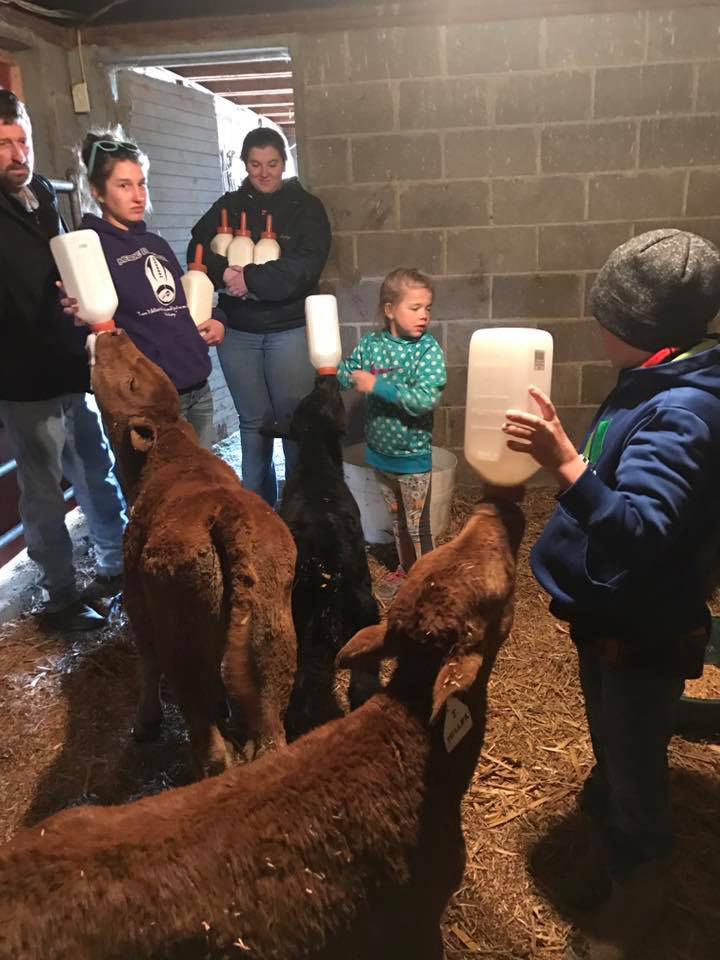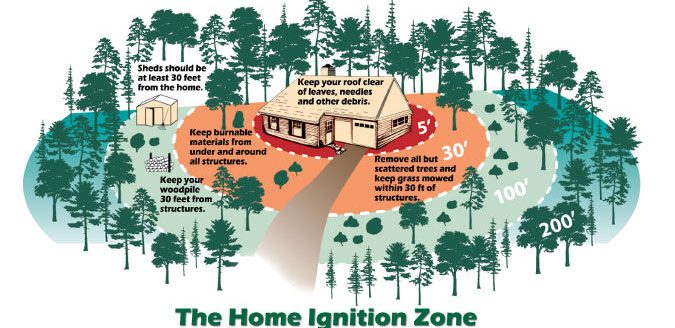“We’re by no means an expert. We do have some on the job training.”
Erin Boggs and her family have more experience caring for orphan calves because of last year’s Starbuck wildfire in Clark County, Kansas, than many people.
Boggs and other Meade County residents helped care for nearly a hundred calves following the March 6, 2017, wildfire as part of the Orphaned Calf Relief of SW Kansas. Now, in light of the most recent wildfires in Colorado, Kansas, Texas and Oklahoma, Boggs and her army of volunteers are offering their services to those farmers and ranchers affected by the fires. This time is a little different, though.
“Right now we only have two and there’s a couple of reasons for that,” she said. “One, they’re having a hard time finding them and getting them in. Two, I think it’s weird for them to hear somebody wants to do this for them.”
For Boggs, last year was less of a hurdle because she knew all the people needing calves taken in, including her own parents.
“We’re really working on getting the word out,” she said.
She’s been in touch with the Extension office in Woodward County, Oklahoma and will be at a meeting soon to detail what the program is all about.
“I’ll explain what we do and that it is truly free and you do get your calves back,” she said.
When Boggs and her family picked up the two calves who needed help April 15, they brought along with them some milk replacer, medicine and bandages that had already been donated to disperse at the fire sites. She’s already gotten other donations lined up.
“I’m going to take those down and see if we can’t find some people that we can deliver that to,” Boggs said. “Even if we can just share with them what we do with the calves.”
The calves in 2018 are a little bit bigger, and because of the locations of the burns bottle feeding may prove challenging. These might have to learn to drink from a bucket right off the bat. Special care is needed for these orphan calves as well.
“They don’t tolerate heat, so the coolest, coldest place really, and then a blanket on them is what we’ve been doing,” she said. “Just to share those things, I feel like they’re helpful. We learned a lot of that last year. All of us had raised bucket calves before, just a little different story.”
Boggs understands the hesitation of farmers and ranchers to participate in something like this, and if they’re wanting to go ahead and care for their own calves, she’s got supplies and advice to make the rehab successful.
“I know it’s weird to ask for help or even accepting of it when you are in this kind of industry, in ag,” Boggs said. “I would just encourage people that this is the time to accept it, as uncomfortable as it may be.”
Caring for bucket calves is time consuming and Boggs wants the farmers and ranchers to be able to focus on other things that need to be taken care of immediately, rather than caring for an orphaned calf.
“Bucket calves are time consuming,” she said.
One aspect of the relief program is partial care of the calves is done by 4-H kids from Meade County. Last year many of the kids cared for a number of claves, and 2018 will be no different.
“These kids love it. I mean they really do,” she said. “It gives the kids a way to help and I think that really empowers them and makes them feel like they’re a part of this.”
Boggs has had a number of new families reach out and want to help as well as the ones from last year.
“We have a great set of very dedicated and experienced people ready to go,” she said.
She’s also had some of the families whose calves were cared for in 2017 want to help and be a part of the new effort.
“I think that is also something that’s really important to them,” Bogs said. “They will be given the opportunity to return the favor or pay it forward.”
Calves needing to be cared for will be taken in and there’s no need for farmers or ranchers to bring them to Boggs and her crew, they’ll come get them.
“We have plenty of help ready to go,” she said. “This is not just for Oklahoma people. We can drive both directions.”
For more information about the relief visit the Orphan Calf Relief of SW Kansas on Facebook at www.facebook.com/groups/1824947244433113/. Boggs can be reached by phone at 620-262-1159.
Kylene Scott can be reached at [email protected] or 620-227-1804.



